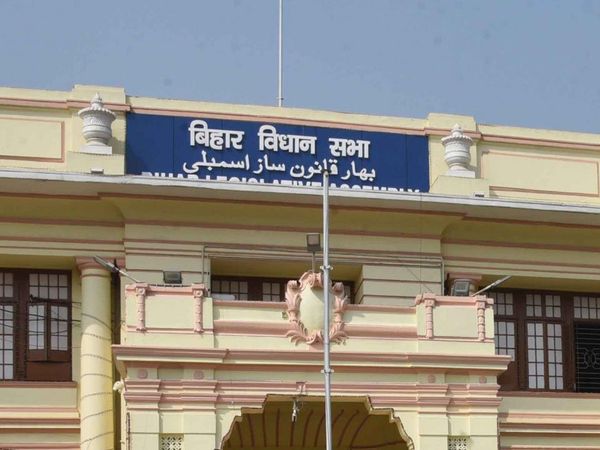
L
ONDON — Dr. Margaret Chan, director-general of the World Health Organization, traveled to Guinea earlier this month to join the country’s president in celebrating the world’s first Ebola vaccine.
After praising health workers in West Africa for their triumph over the lethal virus, Chan spent the night in the presidential suite at the beach-side Palm Camayenne hotel. The suite, equipped with marble bathrooms and a dining room that seats eight, has an advertised price of 900 euros ($1,008) per night.
Some say such luxurious accommodations send the wrong message to the rest of WHO’s 7,000 staffers — and may hurt the cash-strapped health agency’s fundraising efforts to fight diseases worldwide.
ADVERTISEMENT
According to internal documents obtained by the Associated Press, the UN health agency routinely has spent about $200 million a year on travel expenses, more than what it doles out to fight some of the biggest problems in public health, including AIDS, tuberculosis and malaria combined.
Last year, WHO spent about $71 million on AIDS and hepatitis. It devoted $61 million to malaria. To slow the spread of tuberculosis, WHO invested $59 million. Still, some health programs do get exceptional funding — the agency spends about $450 million trying to wipe out polio every year.
WHO declined to say if it paid for Chan’s stay at the Palm Camayenne in Conakry, but noted that host countries sometimes pick up her hotel tabs.
At a time when the health agency is pleading for more money to fund its responses to health crises worldwide, it has struggled to get its travel costs under control. Senior officials have complained internally that UN staffers break new rules aimed at curbing its expansive travel costs, booking perks like business class airplane tickets and rooms in five-star hotels with few consequences.
“We don’t trust people to do the right thing when it comes to travel,” Nick Jeffreys, WHO’s director of finance, said during a September 2015 in-house seminar on accountability — a video of which was obtained by the AP.
Despite WHO’s numerous travel regulations, Jeffreys said the agency couldn’t be sure its staffers always booked the cheapest fares or that their travel was even warranted.
Ian Smith, executive director of Chan’s office, said the chair of WHO’s audit committee said the agency often did little to stop misbehavior.
“We, as an organization, sometimes function as if rules are there to be broken and that exceptions are the rule rather than the norm,” Smith said

















